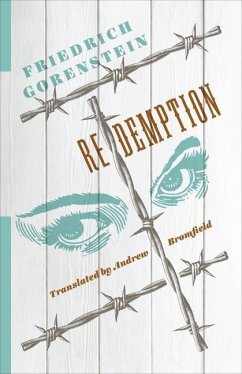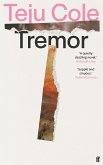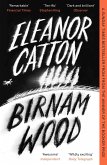Friedrich Gorenstein's Redemption is a stark and powerful portrait of humanity caught up in Stalin's police state in the aftermath of the war and the Holocaust. In this short novel, written in 1967 but unpublished for many years, Gorenstein effortlessly combines the concrete details of daily life in this devastated society with witness testimonies to the mass murder of Jews. He gives a realistic account of postwar Soviet suffering though nuanced psychological portraits of people confronted with harsh choices and a coming-of-age story underscored by the deep involvement of sexuality and violence. Interspersed are flights of philosophical consideration of the relationship between Christians and Jews, love and suffering, justice and forgiveness.
Set immediately after World War II in a Soviet town emerging from German occupation, Friedrich Gorenstein's Redemption is a small masterpiece of post-Holocaust fiction. Vividly translated by Andrew Bromfield, this is a gripping book - full of searing psychological portraits threaded across intersecting social, political, and historical microcosms. Redemption startles the reader with its emotionally and philosophically vivid account of sex and violence and the strange horizons of love. Val Vinokur, The New School








